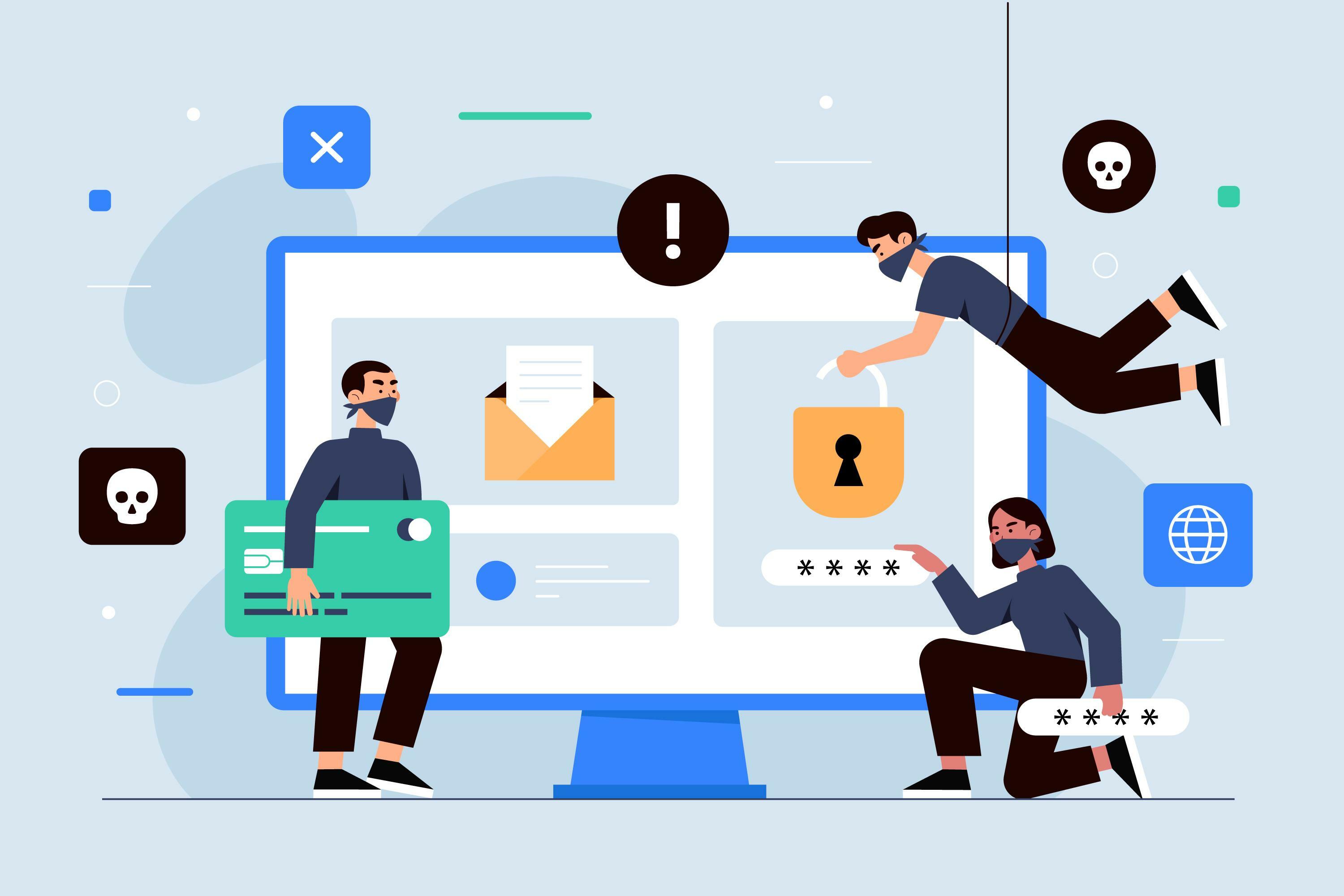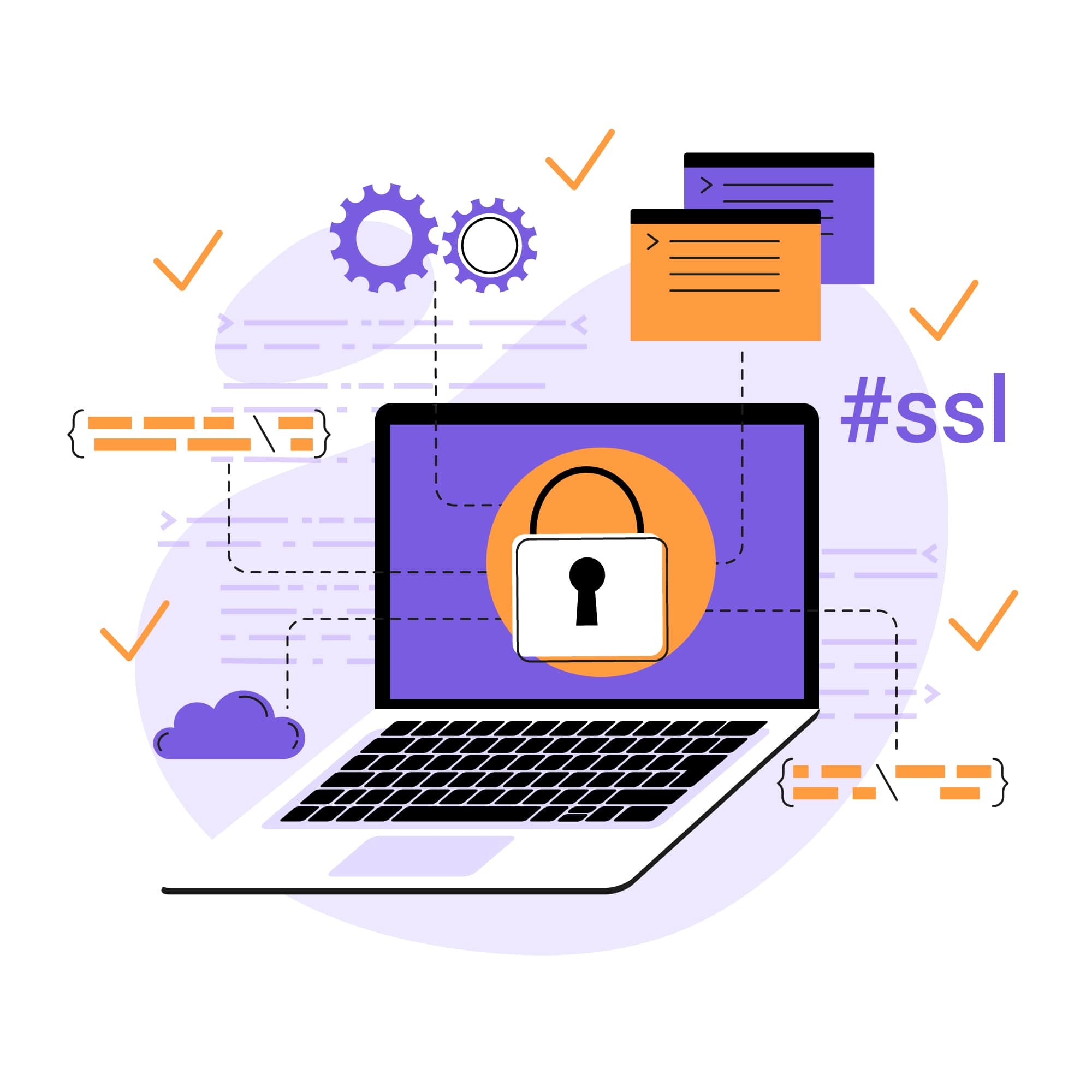
The Business Impact: Benefits of a Secure Website
The benefits of a secure website are clear and critical: data breach prevention, business continuity, protection from financial fraud and legal penalties, and the freedom to focus on your core business goals instead of dealing with security headaches.
However, comprehensive business website security solutions also deliver some benefits you might not expect—including some that can help generate substantial business impact.
In this blog, discover the business benefits of a secure website including SEO improvements, increased visitor traffic and increased conversions.
Better website protection can lead to better SEO
Adding an SSL certificate is an easy first step to receive the benefits of a secure site, such as improving your SEO. An SSL certificate marks your site as secure, and it’s one of the factors Google considers when it ranks websites in their search results.
In addition, using a Web Application Firewall (WAF) and DDoS protection on your site can also help improve your SEO efforts. These website security tools prevent malicious bots and swarms from blocking good traffic to your site – including the crawlers that Google and other search engines used to understand and rank your site.
You can also protect your search ranking by safeguarding your site from SEO spammers. Attackers often target sites just to hijack their SEO for their own spam. Regular website scanning for malicious software, combined with a WAF, keeps SEO spam attackers away from your site and protects your hard-earned search rankings.
One of the top benefits of a secure website is more customer traffic
As site security helps your SEO and search rankings improve, customers are more likely to find your website. When they arrive, your site security can help you win their business.
With DDoS protection, website scanning and malware removal on your site, visitors can get to your site without being blocked by bad bots, site takeover attacks or defacements that can damage your brand.
When customers see the SSL padlock symbol in front of your URL, they know that the data they enter is protected, so they’re more likely to stay and shop. In fact, 17% of shoppers say they’ve abandoned online transactions because they didn’t trust the site with their card information. So, earning that trust is the key to making sales.
More traffic plus customer trust = more conversions
By taking these security steps, your business can experience the business benefits of a secure site, such as driving more conversions and helping your business grow. Here are the top ways site security can help generate more conversions for your site:
Through faster load times and increased trust in your site, visitors are more likely to browse, sign up for your promotions, contact you, or add items to their carts and check out.
When your site shows PCI DSS compliance, you show customers that you’re using the industry standard to protect their payment data from cybercriminals. That can make customers more comfortable entering card details on your site.
With malware scans and removal, your site is less likely to suffer a form jacking attack that can silently steal customer data, lead to costly data-privacy fines and destroy customer trust.
When customers have safe, positive experiences with your site, they’re more likely to return and do business with you again. Additionally, customers are more likely to recommend your site to friends, family and colleagues.
Putting it all together: Website security can drive revenue growth
When customers can find your site easily, trust it, have good experiences and recommend your site to others, you’re on a path to expand your customer base, earn more repeat business and grow your revenue. All these benefits of a secure website start with a solid cybersecurity strategy for your business and evaluating the current health of your site.
SiteLocks website security scanner reviews your website and calculates your website’s risk of compromise, providing you with detailed information regarding the health of your site.
Visit our free web security scanner to get started today.





